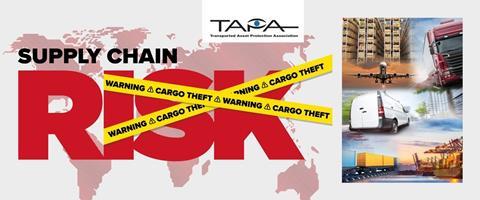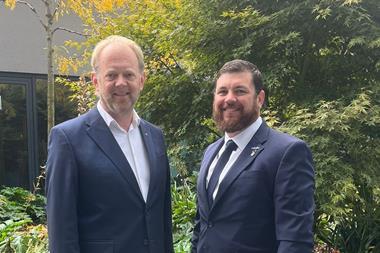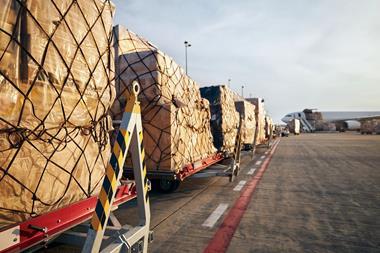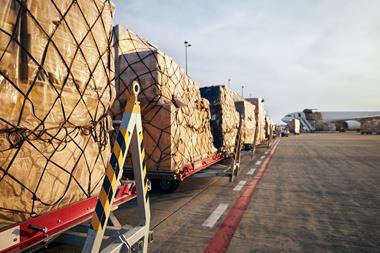
The Transported Asset Protection Association (TAPA) has warned of an expected spike in cargo thefts as coronavirus lockdowns are eased across Europe, the Middle East and Africa (EMEA).
TAPA said that despite many populations being advised to stay at home to help prevent the spread of Covid-19, its Incident Information Service (IIS) was notified more than 400 thefts of products from supply chains, in 37 countries in the EMEA region, between March 1 and May 27 this year — equating to a value of more than €16.4m.
In the month of April 2020, TAPA recorded a series of seven-figure losses, including thefts of 2m face masks in Spain, sports equipment in the UK and mobile phones in Kenya.
In 2019 TAPA's IIS recorded 8,548 cargo thefts in 48 countries across EMEA — the highest total in TAPA’s 23-year history, and up 114.7% year-on-year. .
TAPA noted that number of reported thefts during the first few months of 2020 was lower than the same period last year; compared with the 400 thefts mentioned above, approximately 2,500 cargo thefts were reported to TAPA in the first quarter of 2019, amounting to a value in excess of €33m.
With communities and businesses across the EMEA currently working towards 'business as usual', Thorsten Neumann, president and chief executive of TAPA EMEA, said he expects a substantial rise in criminal activity in the supply chain sector.
"Cargo crime is a 24/7/365 phenomenon, but the outbreak of Covid-19 and the lockdown enforced by governments across the EMEA region, has severely disrupted the activities of both organised crime groups (OCGs) and opportunist cargo thieves," Neumann commented.
TAPA said there is an emerging risk for businesses due to the distortion of their supply chains as they return to normal operations, for example: a short term shift to rail between China and Europe, due to less air and sea capacity or excessive airfreight rates; a shift from scheduled to charter freighter flights; or ships not calling at all ports.
The result of these changes is that many shipments are moving along unfamiliar routes and through different hubs and cross-docks where risks might not be fully known or assessed, and where transit times may be longer. Congestion at hubs generates additional risks.
Neumann added: "Organised crime groups in particular will be looking to make up for lost ‘income’ during this period [of businesses picking up operations] and this is likely to result in much higher risks for the transport and logistics industry, with trucks remaining most vulnerable to attack.
"Companies should expect to see a spike in cargo crimes impacting every mode of transport over the rest of 2020 as cargo thieves get back to business."
On July 1, TAPA will launch the latest revisions of its facility security requirements and trucking security requirements industry standards used by multinational service providers and SMEs to protect goods being stored in warehouses and while in transit.










